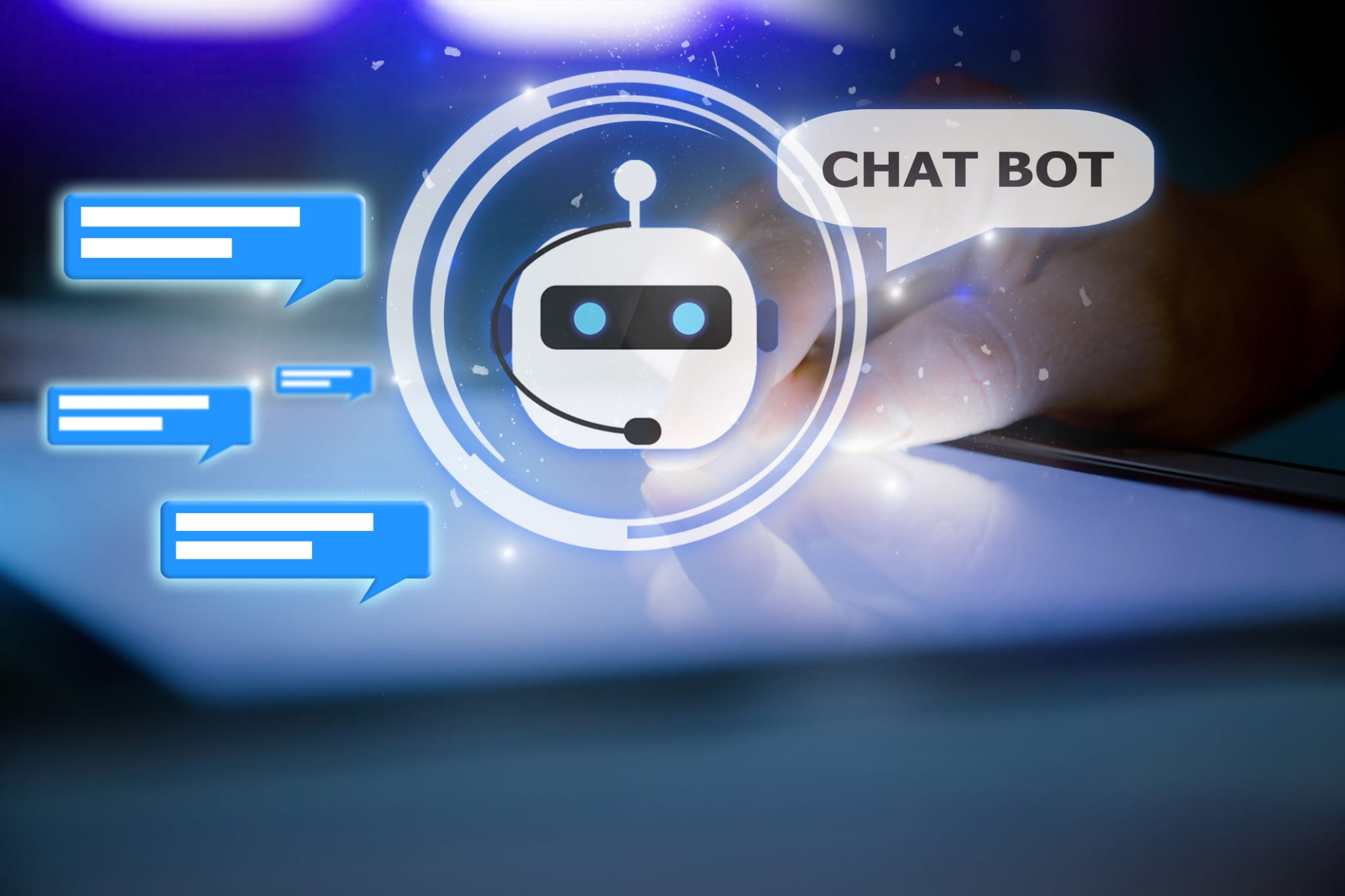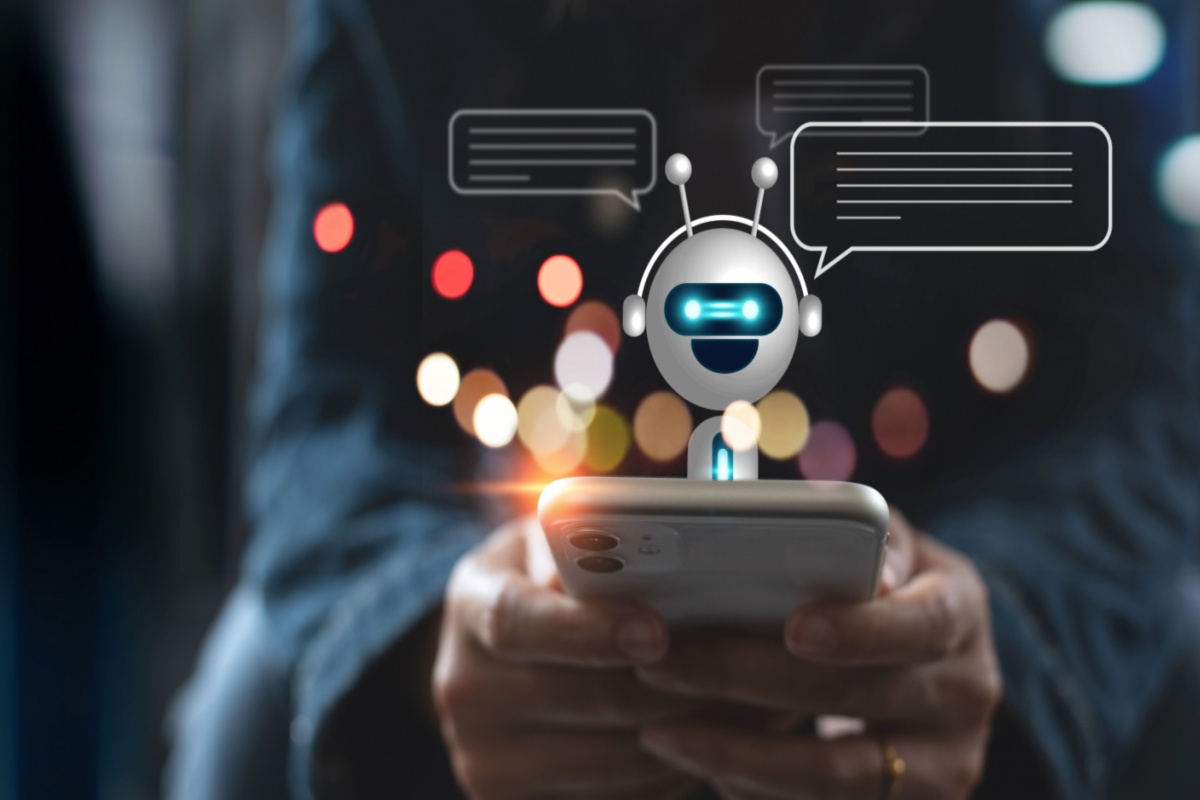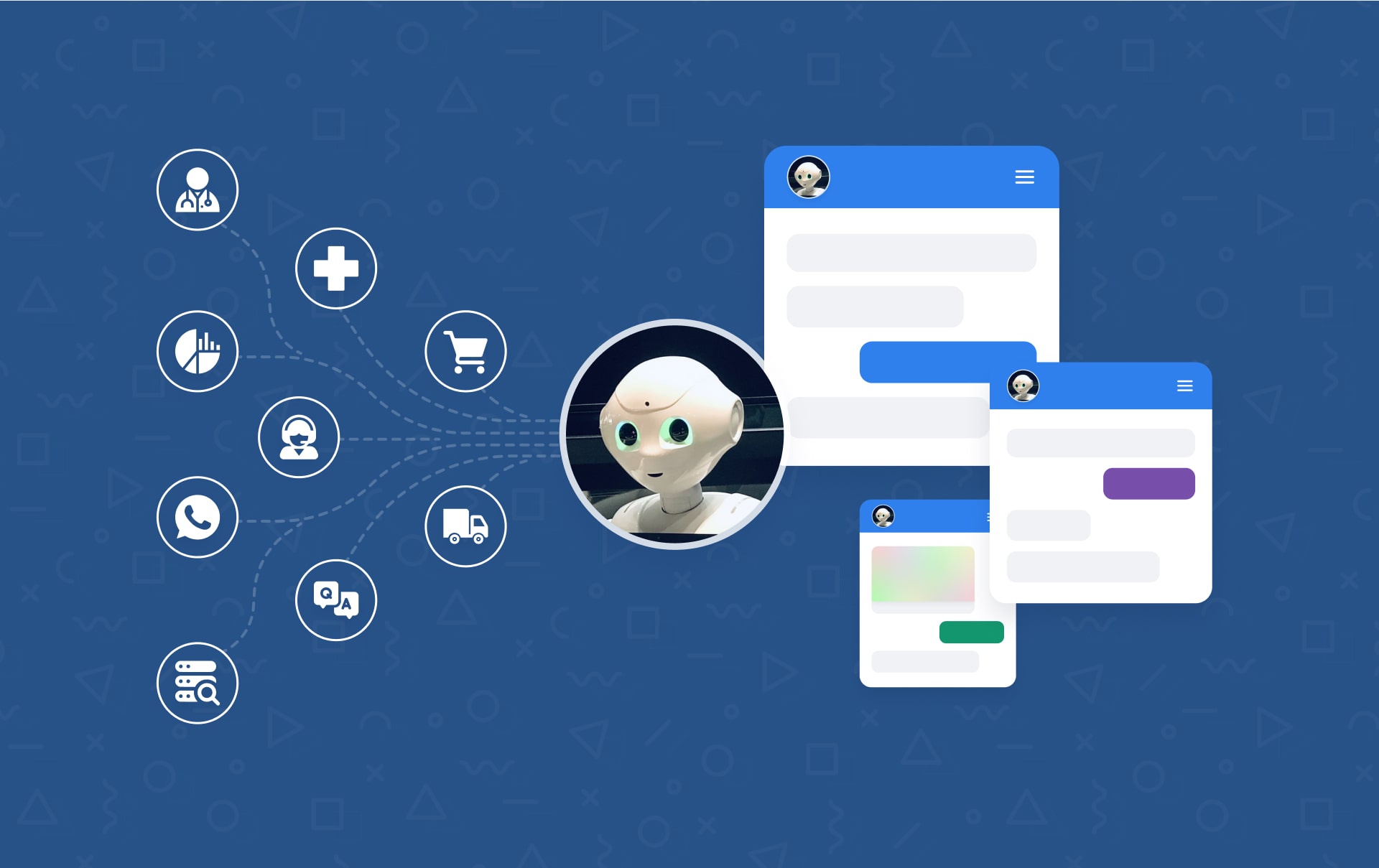How Chatbots Work and Why They Sometimes Get Things Wrong
Chatbots are everywhere—answering questions on websites, helping you book flights, or even chatting like a human on apps like ChatGPT. But while they’re getting smarter, you’ve probably noticed they still make mistakes.
This post breaks down how chatbots work (in simple terms), why they sometimes say the wrong thing, and how we can improve them.

What Is a Chatbot?
A chatbot is a computer program that simulates human conversation. It can respond to messages, answer questions, or carry out tasks through text or voice.
There are two main types:
- Rule-Based Chatbots: These follow pre-set scripts and decision trees.
- AI-Powered Chatbots: These use NLP and machine learning to predict and generate human-like replies.

How Do AI Chatbots Work?
AI chatbots break down your message into data and predict appropriate responses based on training. The process:
- Input: You type or say something.
- Understanding: NLP interprets your intent.
- Processing: It analyzes data patterns.
- Output: It generates a relevant response.

Why Chatbots Sometimes Get Things Wrong
1. They Don’t Truly Understand
Chatbots generate answers based on probabilities, not understanding. They don’t “think” — they just simulate thought.

2. Training Data Issues
Poor data quality leads to flawed chatbot output. Biased or outdated training material means biased or wrong replies.
3. Misunderstood Questions
Slang, sarcasm, and ambiguous phrases confuse bots. They rely on clear, structured input for best results.
4. Lack of Context
Unless specifically built to, most chatbots don’t track long-term context across conversations.
5. Overconfidence (Hallucinations)
Some bots “hallucinate” by inventing facts that sound real but aren’t.
HBR – AI Hallucinations Explained
How Developers Are Fixing These Issues
- Adding real-time data access
- Improving memory and context tracking
- Training with more balanced datasets
- Increasing model transparency
OpenAI – Smarter Chatbots with Plugins
Q&A: Common Questions About Chatbots
Q: Are chatbots always online?
A: Most are cloud-based and online, but some can be installed locally for offline use.
Q: Can chatbots learn from me?
A: Not usually. Only special bots (with permission) adapt over time. ChatGPT doesn’t learn from your chats unless in training mode.
Q: Why do they go off-topic?
A: Lack of clarity in your message or weak context retention can cause topic drift.
Q: Are chatbots accurate?
A: They can be—but they're not always factual. Treat them like smart assistants, not ultimate truth sources.
Conclusion
Chatbots are evolving fast—but they’re not perfect. Understanding how they work (and fail) lets us use them more effectively.

As technology improves, expect smarter, more helpful bots. But for now—human oversight, critical thinking, and a bit of skepticism go a long way.
No comments: